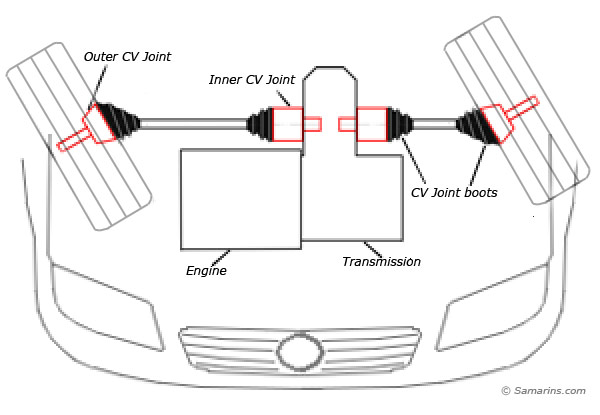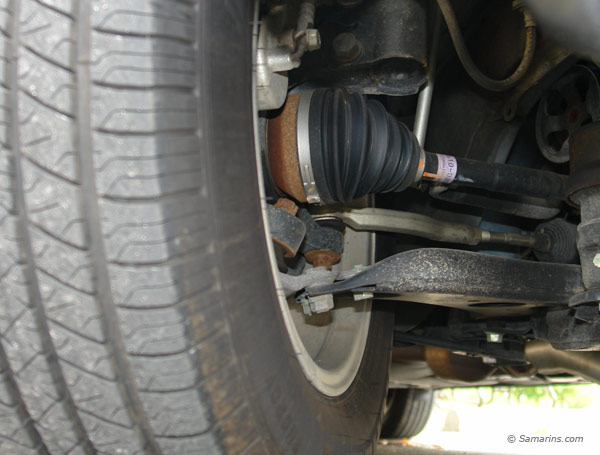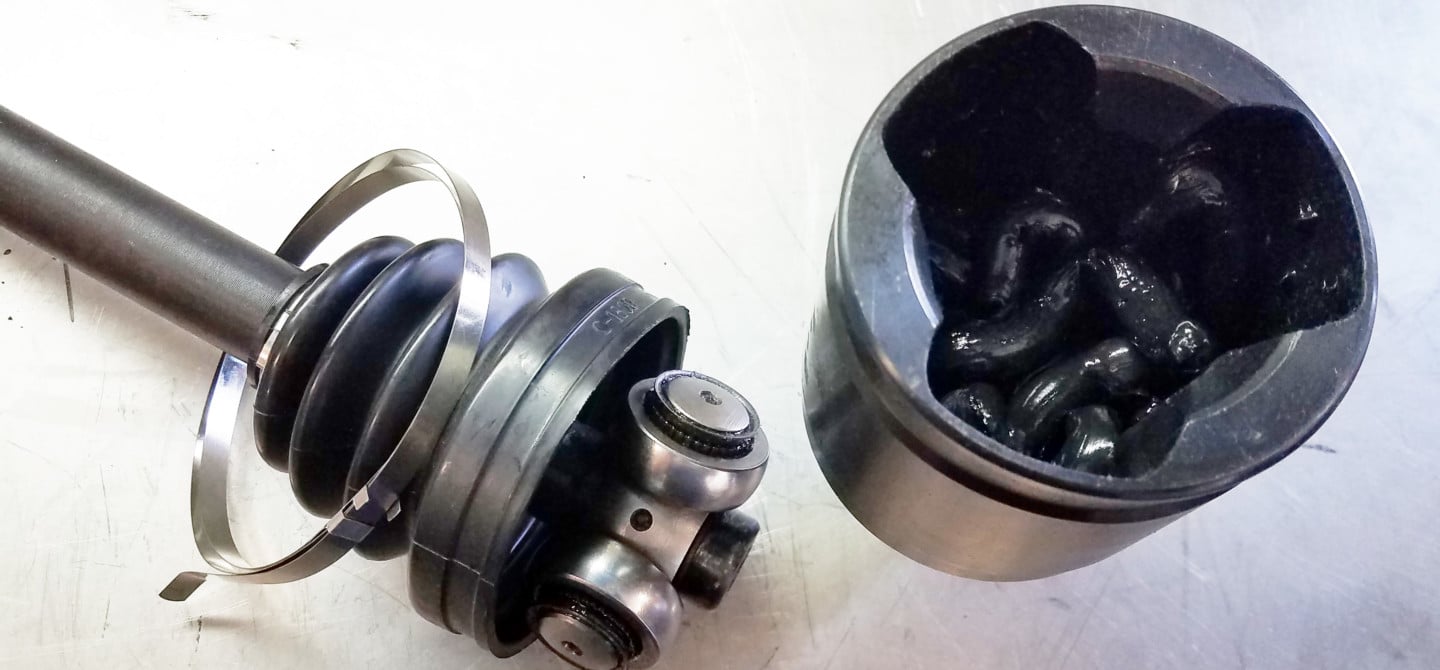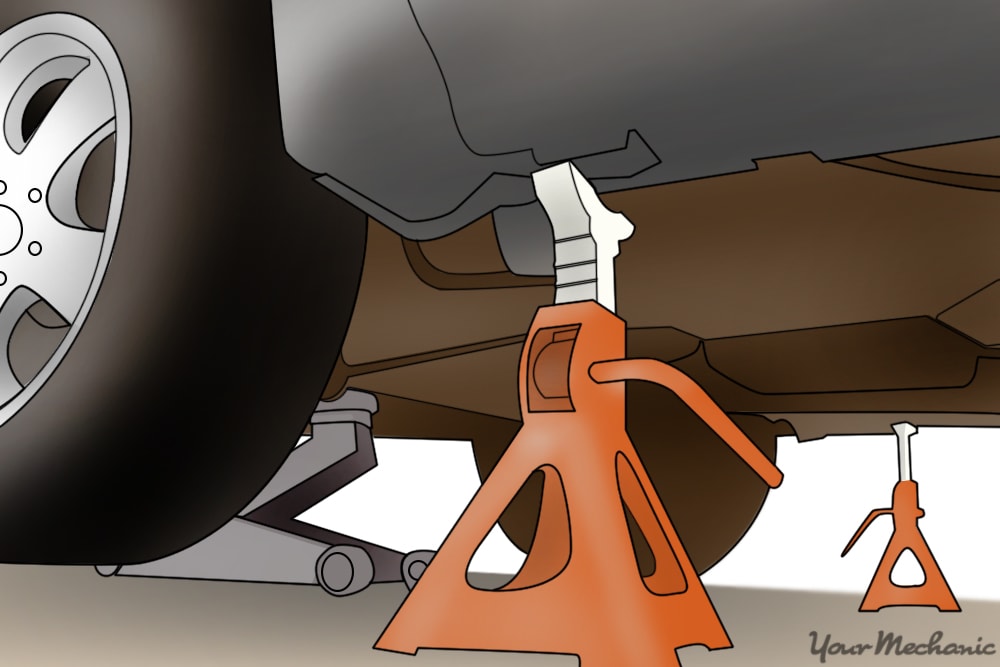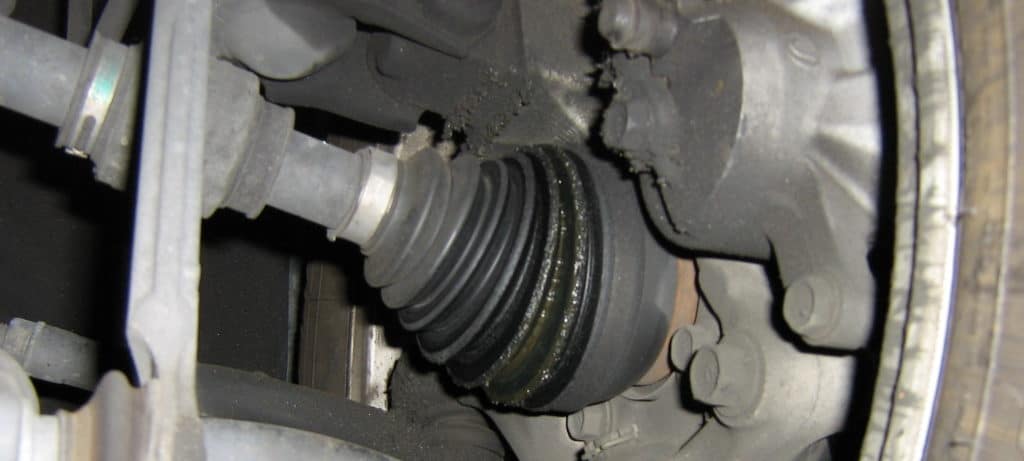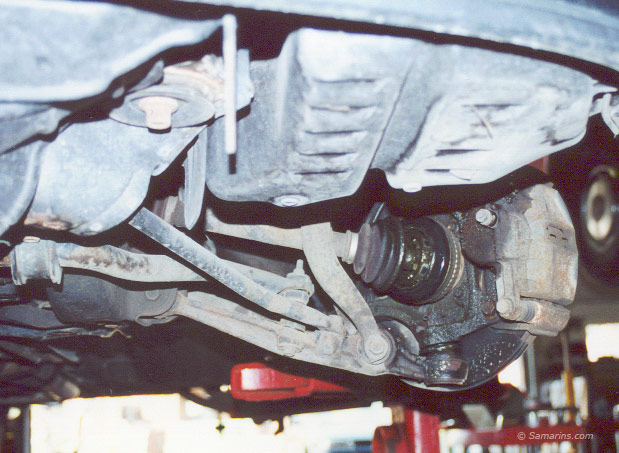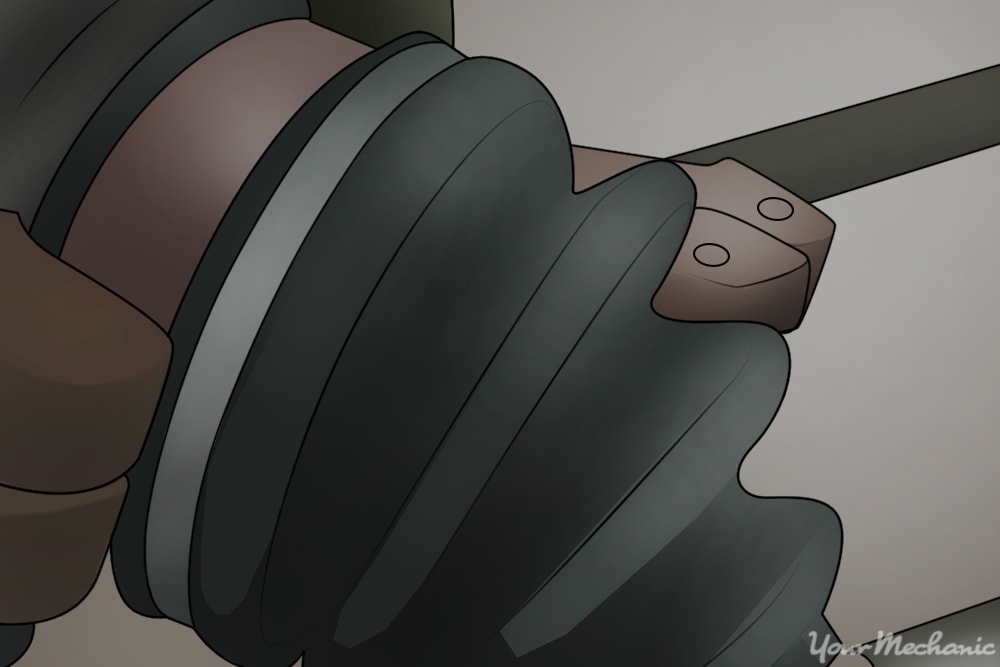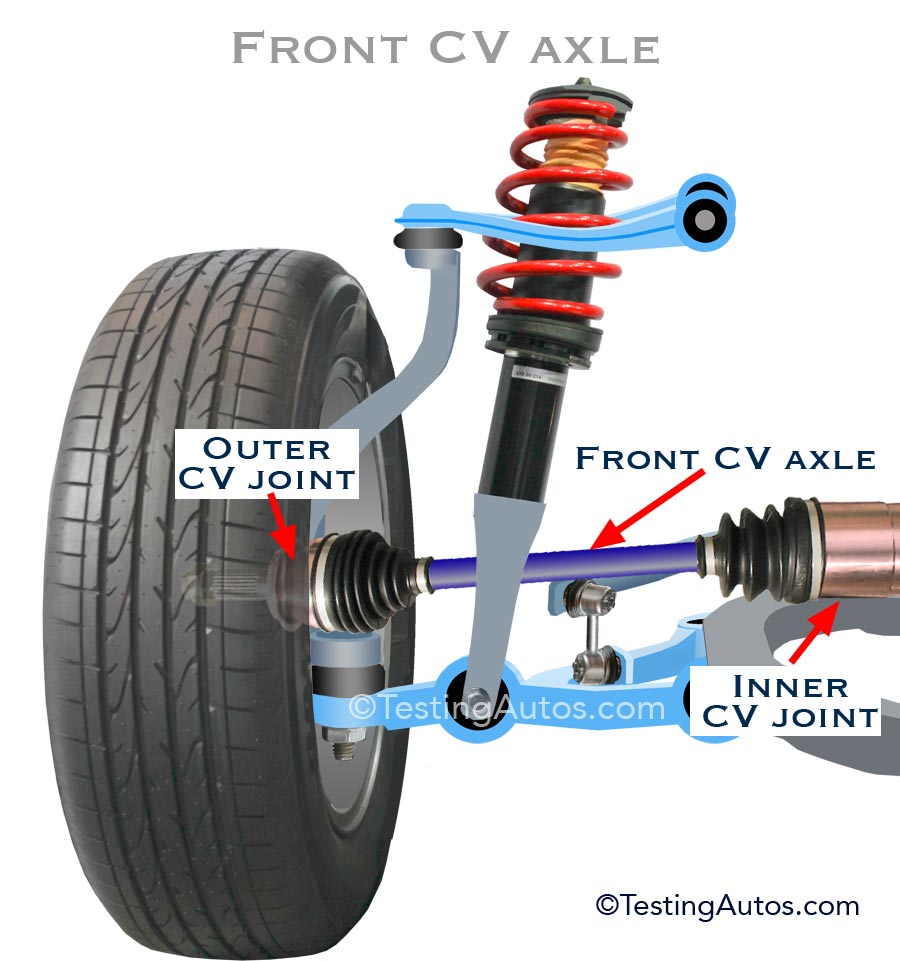Inspecting the cv boots at the first sign of trouble can help save the cv joints and money in repairs. Almost universally the outside joint closest to the wheel will wear out before the inside joint as it is subject to more stress as the vehicles wheels turn.
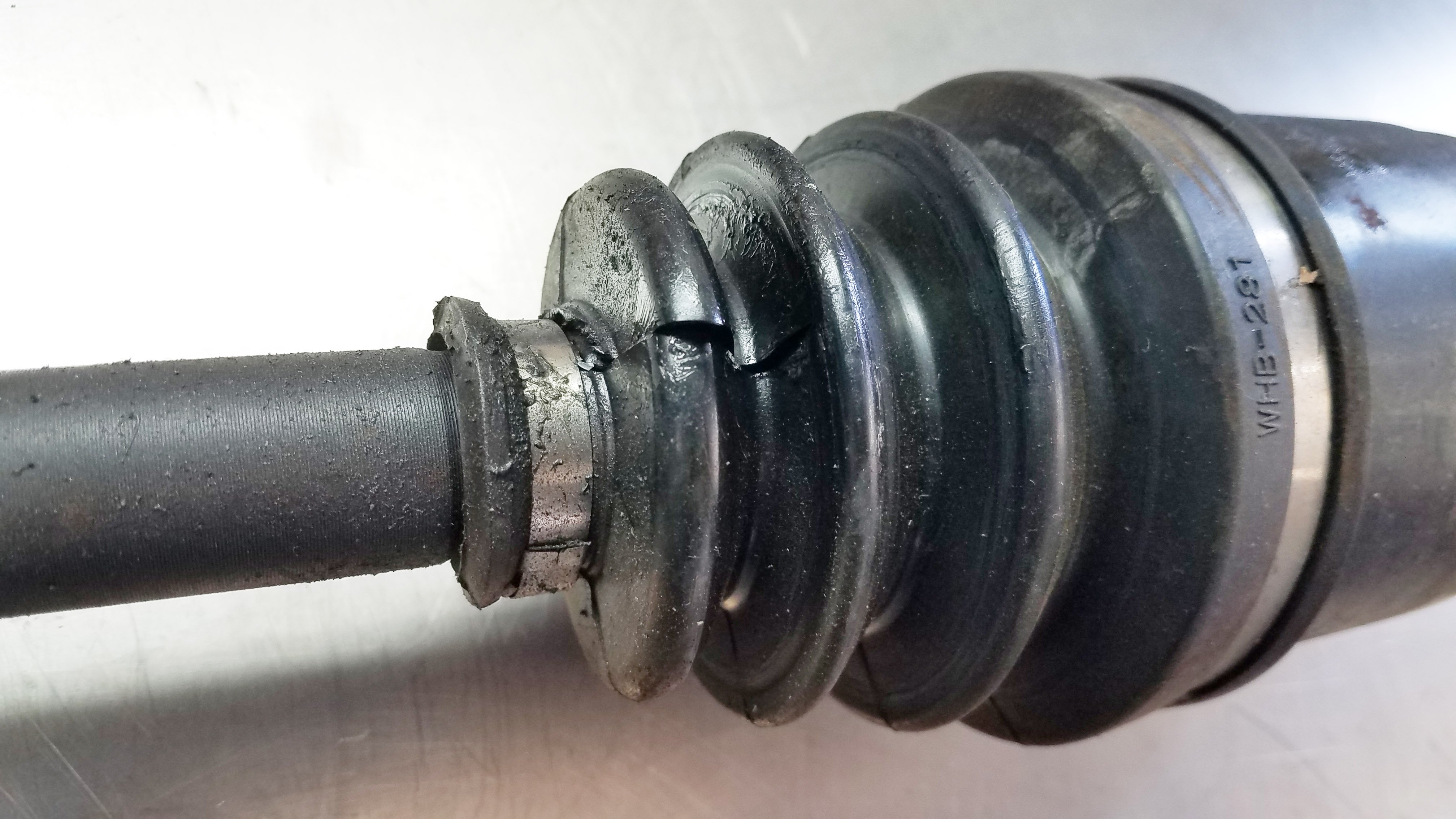
Nothing To Fear Simple Steps To Replacing A Cv Boot
How to check cv joint boot. The split boot design is installed without removing the wheel hub or any other parts. Then try twisting it. Being split this cv boot is installed by simply opening up the boot at the split and placing it over and around the cv joint. Cv boot kits are relatively inexpensive. If the boot is torn and is leaking grease then it will need to be replaced. The boot uses a special glue or large clamps to seal the boot tightly around the cv joint.
Cv boots serve a simple but important purpose and allow the cv axles and joints to stay clean and enjoy a long service life. If you notice or suspect that your cv boot may be damaged have a professional technician such a one from yourmechanic inspect the vehicle to determine if a cv boot replacement is appropriate or if the entire cv joint should be replaced. Check for a torn constant velocity boot. The boot holds in the grease and keeps dirt out. A broken cv joint is a critical failure that will render the car undriveable so keeping an eye on your boot and replacing it soon after its torn should be a top priority. Grease splattered on the inside of the wheel visible damage or vibration while driving.
Fortunately if you catch a leaking cv boot on time before water and debris have contaminated the joint you may be able to simply rebuild the cv joint. With the right tools cleaning a cv joint and replacing the cv boot and grease can be accomplished in just a few hours. Cv joints fail for one of two reasons. Look for cracking and splitting around the rubber cv joint boot and look for evidence of fresh excess grease on the transmission cross member or suspension components around the joint. Check for a torn boot with dirt in the joint. There are a few warning signs that you have a problem.
Ive run across a 1981 honda civic where the inner cv joint latched inside the transaxle with thin snap rings once you drained the motor oil from the transmission just simply pry the end from the transmission box and the spline would slide out with the ring on the end to the internally connected of a 1996 isuzu rodeo where you dismantled the inner cv joint by removing a retaining. The rubber boot that protects the joint from road contaminates fail or they just wear out. If the cv boot is torn and there is dirt in the joint then the entire constant velocity axle needs to be replaced. Cv joints are protected by plastic or rubber boots that hold in the grease the joints are packed in. Grasp the axle shaft as close to the inner cv joint as possible and try to push it back and forth. If the boot fails dirt and moisture displace the grease impairing the joint.


